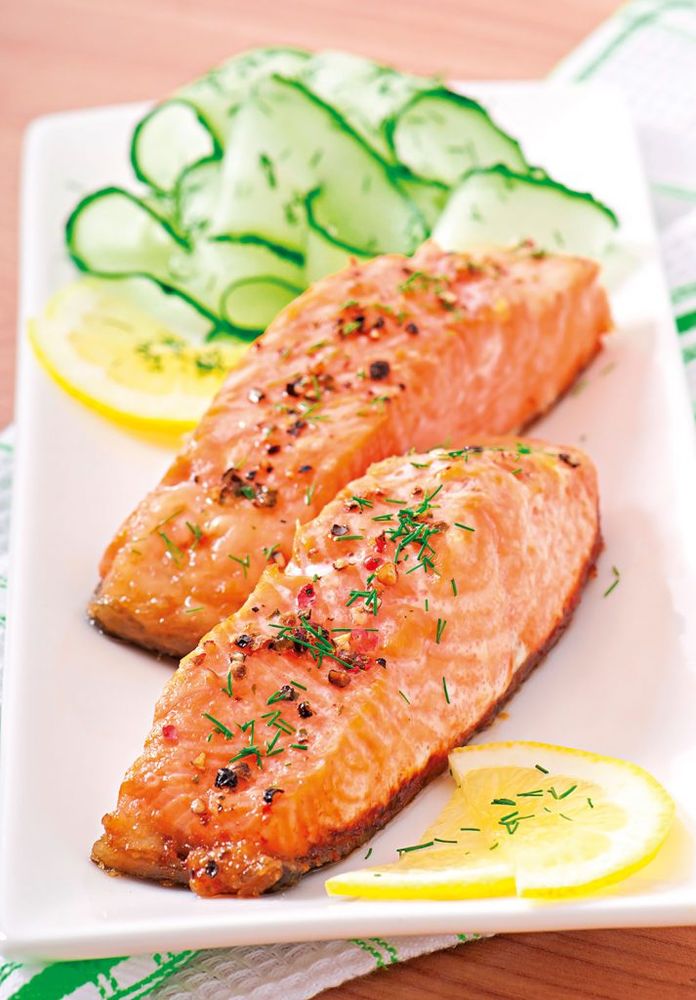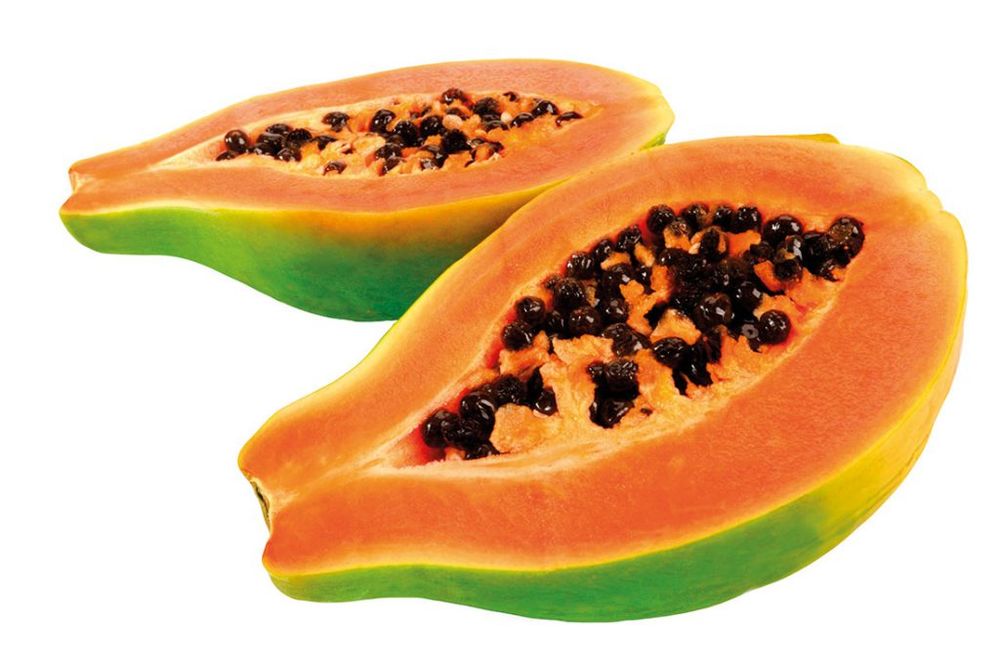From old wives’ tales to flat-out fallacies, there are many misconceptions about what can and can’t be consumed during pregnancy. We asked Dr Jasmine Mohd, gynaecologist and obstetrician, to set the record straight.
Myth: Pregnant women should avoid spicy foods.
Truth: Eating spicy foods like chilli or curry isn’t unsafe; it just means a higher chance of bad heartburn. Susceptible women should avoid spicy foods because pregnancy is known to make one more prone to gastric reflux or heartburn. However, if you’re not predisposed to heartburn, there’s no reason to stay away from hot foods. In fact, researchers have found that babies born to mothers who eat a diverse and varied diet during pregnancy and breast-feeding prove later to be more open to a wide range of flavours.

Myth: Eating seafood is a no-no during pregnancy.
Truth: The key here is that everything should be eaten in moderation. Fish is high in protein and other nutrients, and an important part of a healthy diet. However, avoid eating great amounts of “large fish” during pregnancy, as they accumulate mercury throughout their long lifespan. Also, avoid eating shark, swordfish and marlin, and don’t eat more than 150 grams (four medium cans) of tuna per week. There’s no limit on white fish or cooked shellfish, but it’s crucial to ensure that all shellfish is fully cooked. Smoked fish is fine to eat as well.
Myth: Eating for two means eating twice as much food.
Truth: In general, women should continue to eat the same amount as they ate before they became pregnant – approximately 1,800 to 2,000 calories a day. During the second half of the pregnancy, only an extra 300 calories or so are required. Eating healthily prevents excessive weight gain for mums and reduces the chance of gestational diabetes.
Myth: Drinking wine is okay, now and then.
Truth: Pregnant women should avoid alcohol altogether. Though consuming a small amount is unlikely to have any adverse effect on the baby, there’s still uncertainty regarding how much alcohol is actually safe to drink during pregnancy. The safest bet is to stay away from it completely.
Myth: Vitamin supplements aren’t necessary until you’re actually pregnant.
Truth: Folic acid supplementation of at least 400mcg per day prior to conception, and during the first trimester, has been proven to reduce the rate of neural tube defects, such as brain and spine malformations, in foetuses. At least 10mcg of vitamin D per day should also be consumed, both before pregnancy and while breast-feeding. Of course, it’s also important to obtain vitamins and minerals through a healthy and varied diet.

Myth: Eating papaya can cause a miscarriage.
Truth: Papaya consumption is safe and does not cause miscarriage. Papayas are rich in vitamin C, which is important, as well as vitamin A. Excessive amounts of vitamin A are teratogenic – capable of causing developmental malformations – but eating a normal amount of papaya is safe. Having said that, pregnant women should avoid taking supplements with large amounts of vitamin A or consuming large quantities of liver.
Want more? See our Kids section!





